The Ākina Foundation Impact Report
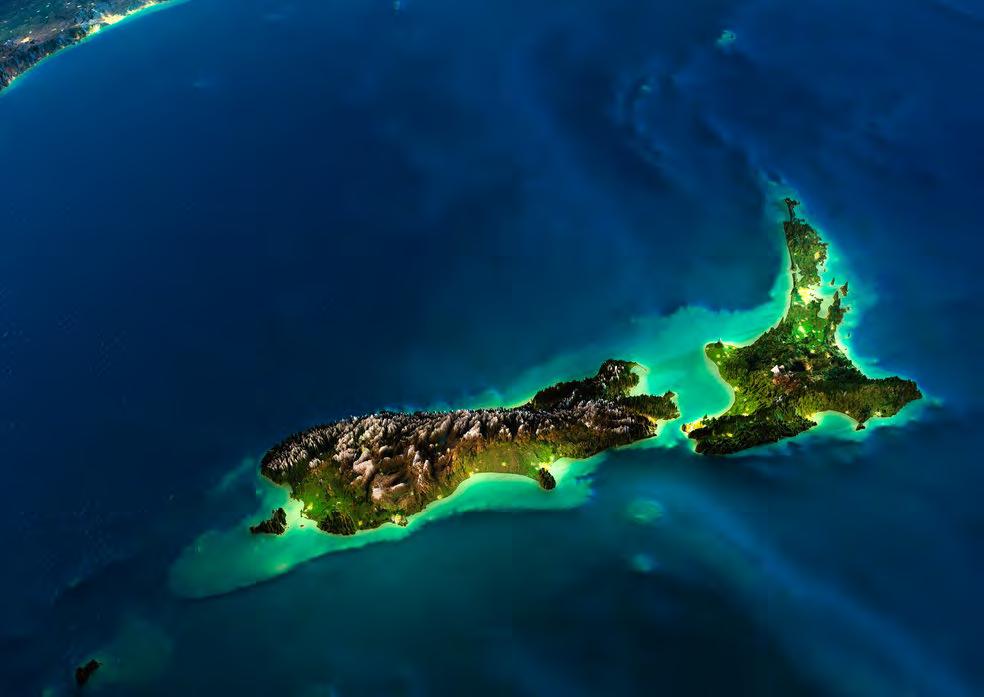

FINANCIAL YEAR 2023




FINANCIAL YEAR 2023




The Ākina Foundation (Ākina) Impact Report is part of the wider kōrero of the regenerative economy ecosystem.
It speaks to our collective mahi toward positive change for Aotearoa. We are a purpose-led and impactfocused organisation that supports communities, businesses and public sector organisations to understand and improve their positive social and environmental impact. We hope to set the gold standard for impact reporting.
We are very proud of our mahi. Our report is a mirror reflecting the dedication and progress of our partners and the communities we serve. It shows how we are delivering on our kaupapa, and its influence on the people we work with. It also helps us to further guide our work to maximise our positive impact on communities across the country.
This report underscores our commitment to transparency and accountability as we strive together to create a better world. We have incorporated some of the United Nations’ 2030 Sustainable Development Goals to showcase where we have been able to best support tangible impacts on the regenerative economy.
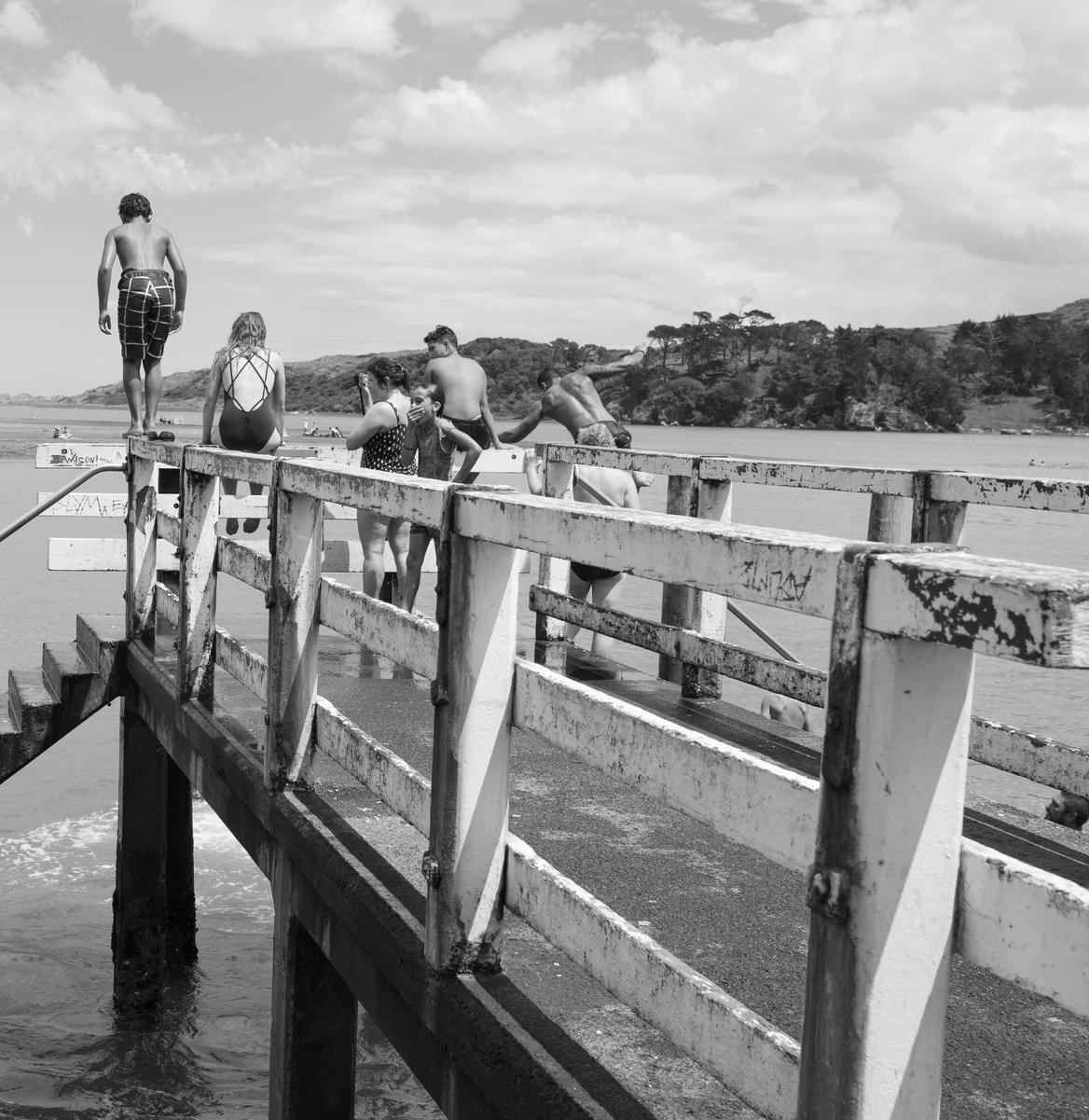
The people. Signifying respect and understanding for all people and cultures.
To learn or study, and also to teach or advise. We are committed to continual learning, and to passing our knowledge to others.
Me mahi tahi tātau, mō
te oranga o te katoa. Let’s work together for everyone’s wellbeing.
Ākina means to be bold, to energise, or to uplift. It’s a powerful call to bold action!
Ākina is a kupu (word) that encapsulates our ethos—it means to be bold, to energise, and to uplift. We act as an intermediary within the regenerative economy ecosystem, so we embrace the multifaceted meaning of Ākina, as a bold and uplifting presence that champions and supports the positive change we want to see in Aotearoa New Zealand.
We believe we have a responsibility to contribute to a more equitable society that better recognises tāngata whenua, embracing Te Ao Māori and upholding Te Tiriti o Waitangi.
Our purpose, our reason for being, is a sustainable, prosperous and inclusive Aotearoa New Zealand. We believe every organisation, just as every person, has the power to leave behind a positive impact.
At Ākina, we work alongside Government, businesses, iwi and Māori organisations, and communityled organisations to understand, demonstrate, and maximise their positive impact. We help these organisations on their journey by transforming the instruments they use—their strategies and business models—to build and demonstrate their positive social, environmental, cultural and economic impact.
Our small team is based between Te Whanganui-a-Tara (Wellington),
Tāmaki Makaurau (Auckland), and Ōtautahi (Christchurch), but our work happens throughout the motu. We are focused on delivering impact-led change to the largest corporates, government agencies, and the diverse range of philanthropic, communityand impact-enterprises that exist here in Aotearoa. We work across the impact ecosystem, supporting some of New Zealand’s most well-known brands, those who seek to have a more positive impact on the communities they serve and strive to deliver value to their shareholders that is more than just financial. We also support grassroots enterprises to build their capability and expand their impact.
We have worked directly with government agencies and corporate entities to increase the use of social procurement. Through our work on social procurement, we are supporting impact enterprises with market access to new customers.

Our impact investment work places
a holistic lens on investment, so that we can support community- and impact-led enterprises to build their capability, articulate their impact, and market themselves to public, private, and philanthropic investors. Improving the rate of private sector impact
investment has opened new avenues for emerging impact entrepreneurs and established businesses to access wider forms of impact-focused capital.
We empower organisations with innovative strategies, fostering positive impact, and energising sustainable change across different sectors.
We enable community and impact-led enterprises to enhance their skills, networks, and offer tangible support to help them achieve their objectives.
We grow the size and capability of the impact investing market through managing impact funds, and getting enterprises and investors ready to receive and provide impact investment.
We build the understanding and capability of organisations to enable them to use procurement as a lever to create positive outcomes for people and planet.
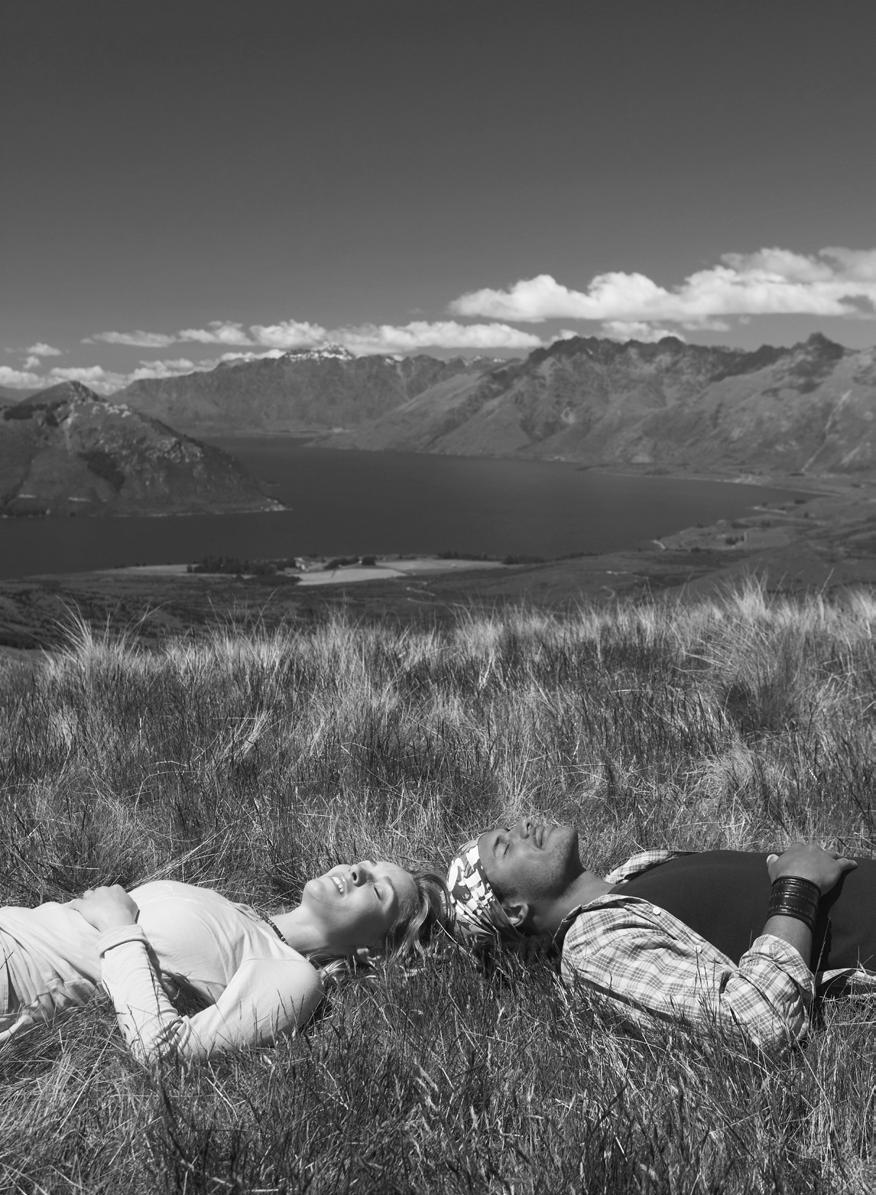
– also known as a theory of change – sits alongside an organisation’s business model and seeks to communicate what activity, delivered in what particular way, will deliver what positive outcome or impact. Our impact model shows the impact goals we are working towards, and how our activities achieve those goals.

Ākina showcases the power of positive impact
Stakeholders understand and appreciate the power of positive impact
Stakeholders know, or find out, how they could grow their positive impact
Organisations have tools, models and a plan to achieve their impact goals

Ākina builds the capability of organisations to increase their positive impact
Impact enterprises become investment and procurement ready
Buyers understand their change journey and are more engaged with social procurement
Impact enterprises attract customers, investors, funders and partners
Buyers include more impact-led suppliers in their supply chains
Buyers direct more spend towards social procurement
Stakeholders take action to grow their positive impact
Impact enterprises grow their business
Organisations demonstrate an increase in their positive impact
Positive social and environmental impact is at the heart of how Aotearoa New Zealand does business

Buyers increase their maturity in social procurement practice


IN positive social and environmental impact being put at the heart of how Aotearoa New Zealand does business.
our vision is for a sustainable, prosperous and inclusive Aotearoa New Zealand...

that every organisation in Aotearoa has the power and responsibility to create positive impact through their work...


more organisations taking action to increase their positive impact AND impact enterprises getting the support they need to grow...

SO WE build the capability of organisations to increase their positive impact AND showcase the power of positive impact to our stakeholders...
The below infographic explains what we measure in order to demonstrate the progress we are making in relation to the outcomes in the Ākina Impact Model. By measuring these indicators, we demonstrate our progress against our theory of change.
ADVOCACY:
27
Ākina publications and contribution to content pieces


73 events that Ākina has been involved with

PROCUREMENT: INVESTMENT: CAPABILITY BUILDING:



13 impact buyer events that help build their capability to use social procurement to create positive impact.


Supported 100+ impact-led enterprises with capability building services across Tāmaki Makaurau and Te Tai Tokerau.
172
Impact Investment
Readiness Programme grant recipients who have gone on to receive impact


Expressions of Interest for the Impact Investment Readiness Programme
impact Investment
Readiness Programme

Average 161% growth in Full Time Equivalent employees of impact enterprises 6 months after investment.


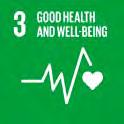
Ensure healthy lives and promote well-being for all at all ages.
Ākina has supported 11 projects aligned with this goal, 9 with a primary focus on impact outcomes related to this goal.
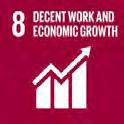
Promote sustained, inclusive and sustainable economic growth, full and productive employment and decent work for all.
Ākina has supported 7 projects aligned with this goal, 5 with a primary focus on impact outcomes related to this goal.
The 17 Sustainable Development Goals (SDGs) were developed by the United Nations and adopted by all UN member states in 2015. They are an urgent call for action by all countries in global partnership and recognise that ending poverty and other deprivations must go hand-in-hand with strategies that improve health and education, reduce inequality, and spur economic growth—all while tackling climate change and working to preserve our oceans and forests.
Our work with our Ākina clients has helped to support progress across the entire spectrum represented by the 17 SDGs, however the below goals represent the primary focus areas of our work with our clients (this list is not exhaustive).
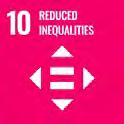
Reduce inequality within and among countries.
Ākina has supported 23 projects aligned with this goal, 19 with a primary focus on impact outcomes related to this goal.
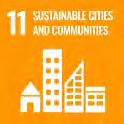
Make cities and human settlements inclusive, safe, resilient and sustainable.
Ākina has supported 22 projects aligned with this goal, 12 with a primary focus on impact outcomes related to this goal.
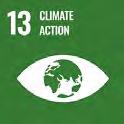
Take urgent action to combat climate change and its impacts.
Ākina has supported 14 projects aligned with this goal, 10 with a primary focus on impact outcomes related to this goal.
In a comprehensive qualitative survey conducted by Ākina, insights from our clients across their diverse service offerings were gathered to assess the medium-term impacts of their collaboration with us. A large sample of 200 Ākina clients were surveyed with an impressive ~20% response rate.
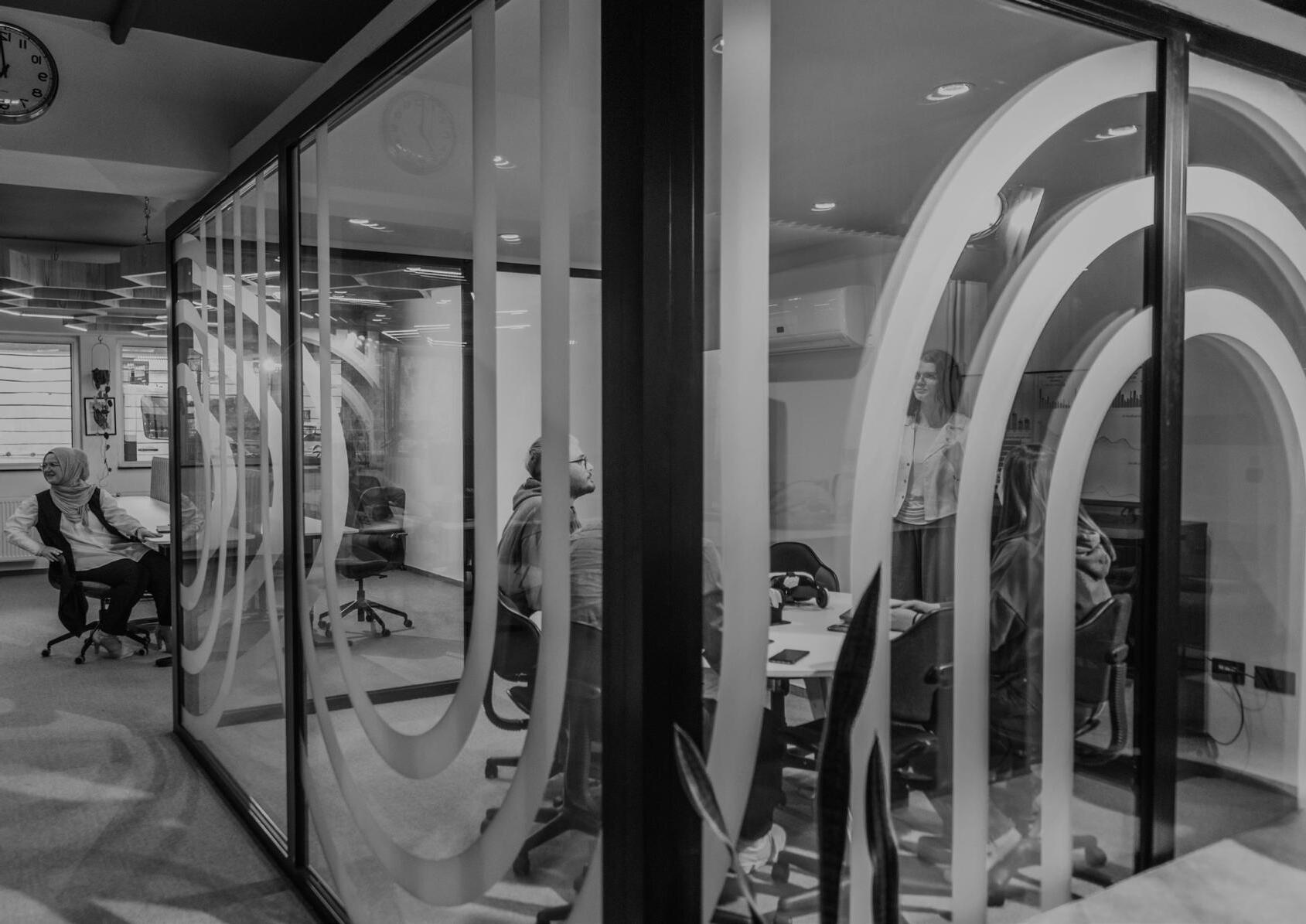
Here are key findings and learnings for future improvement
1. Overall Impact:
• Client Capability:
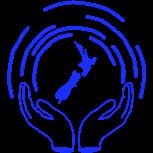
A notable 81% of clients acknowledged that collaborating with Ākina increased their capability to generate positive impact.
• Specific Capability Increase:
Within this, 63% reported a large or moderate increase in their capabilities.
2. Impact Consulting:
• Application of Learnings:

86% of consulting clients applied learnings from working with Ākina within their organisations.
• Client Transformations
Clients experienced a myriad of positive changes, including a heightened impact focus, enhanced influence on collaborators, access to impact loans, diversified perspectives, organisational cultural shifts, improved articulation of impact, and expanded funding opportunities.
• Positive Impact:
Since working with Ākina, 64% observed an increase in their organisation’s positive impact, with 89% of these saying their work with Ākina has contributed to this change.

• Understanding Increase: All respondents indicated an increased understanding of social procurement owing to working with Ākina, with 67% reporting a significant increase.
• Application of Learnings: Two-thirds of respondents applied social procurement learnings in their work.

• Impact in Supply Chains: 83% noted an increase in impact-led suppliers within their supply chains, with most stating Ākina contributed to this change.

• Connections and Impact: Since working with Ākina, 47% of suppliers connected with more buyers or customers, with 63% of these organisations feeling Ākina has contributed to this change.
• Capability Increase: 65% of suppliers felt an uplift in their capability to create positive impact, thanks to support from Ākina.
Application of Learnings: 83% of respondents from capability building initiatives feel working with Ākina has increased their capability to create more positive impact.

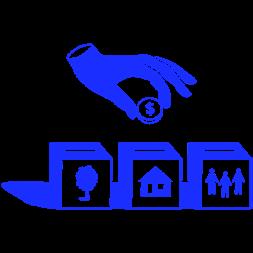

• Rate of Progress: 67% of recipients of the Impact Investment Readiness Programme (IIRP) believed it accelerated their organisational progress towards investment readiness, with 33% estimating advancement of six months or more.
• Observed Changes: IIRP recipients noted accelerated team building, enhanced knowledge, readiness, and overall organisational growth.
• Achieving More Impact: 50% believed they achieved more impact with the support of Ākina.
This survey not only highlighted the positive impact by Ākina across various domains but also provided valuable insights for continuous improvement, emphasising the importance of ongoing collaboration with our clients for enduring positive change.

Nau mai, haere mai. On behalf of the Board of Directors, we extend a warm welcome to our stakeholders and partners as we present the 2023 update on our journey at The Ākina Foundation. As we delve into the past 12 months, building upon the momentum captured in the 2022 Impact Report, we find ourselves at a juncture of reflection and strategic foresight.
We take pride in playing a pivotal role in aiding New Zealand organisations in understanding and leveraging their impact. We urge entities to evolve continuously and strive for more significant positive impacts. In a landscape where social and environmental challenges loom large, our collective responsibility to foster positive change becomes paramount.
The threads of our diverse initiatives are intricately woven, aiming to catalyse a transformative shift in Aotearoa New Zealand
towards a regenerative economy. Our vision, our reason for being, is to bring about a nation that is not only prosperous but also environmentally sustainable and just, ensuring the benefits are accessible to all.
In this report, you will see examples encapsulating the breadth of our mahi. While the challenges ahead may seem daunting, we encourage you to view this report as a testament to the remarkable work undertaken by numerous individuals, all united by the shared goal of embedding impact as a fundamental aspect of our collective ethos.
Reflecting on the past 12 months, we are pleased to announce the successful achievement of our charitable objectives, marking a significant milestone in our continuous commitment to positive impact.
Building on the foundation laid out in the 2022 Impact Report, our discussions this year have been centred around strategic repositioning, envisioning a future marked by a broader stage, larger scale, and more impactful engagements.
Our unique position at the intersection of philanthropy and corporate engagement is inherent in our charitable identity. It has been the catalyst for our success. This past year’s
dialogues have illuminated that our approach is not merely about meeting objectives but about reshaping them for the future.
Looking forward, our strategic roadmap involves exploring diverse avenues, engaging organisations of all sizes, and utilising precise impact indicators to guide and measure their progress. Ventures into SMEs through aggregators, collaboration with government procurement processes, and entry into the investment domain form key components of our strategic vision.
Kōrero is integral to our approach, and it is imperative to convey openly that our growth aspirations require additional funding. This transparency not only aligns with our commitment to impact but also underscores our forward-thinking approach to capital requirements.
Our compact yet highly skilled team exemplifies extensive experience and understanding of our mission. In the areas of climate action and cultural competency, our team sets a standard for the values we aim to promote.
In addressing risks, the Board acknowledges that our concerns align with broader societal
challenges. We view ourselves as a microcosm of these challenges and are committed to actively mitigating associated risks.
Diversity remains at the forefront of our strengths, both within the Board and the organisation as a whole. While gender, ethnic, sexual orientation, and geographical diversity have been focal points, we acknowledge the imperative to extend these efforts internally within our team.
As we embark on the next phase of our journey, the Board is enthusiastic about the opportunities that lie ahead. Our unwavering commitment to making a positive impact remains steadfast, and we invite our stakeholders to join us on this purposeful path.
In closing, we extend our gratitude to the entire Ākina whānau for their tireless dedication to furthering our kaupapa. To everyone reading this document, we encourage deep consideration of how each one of you can be an integral part of the impact journey.
Tēnā koutou, tēnā koutou, tēnā koutou katoa.
ĀKINA BOARD OF TRUSTEES
As we reflect on 2023, it’s a story of facing challenges head-on. The year kicked off with severe weather events, disrupting half of our team based in Tāmaki Makaurau and emphasising the need for empathy, understanding, and support within our Ākina whānau. As I travelled for work around the motu I could see signs of fatigue and weariness, compounded by weatherrelated trauma.
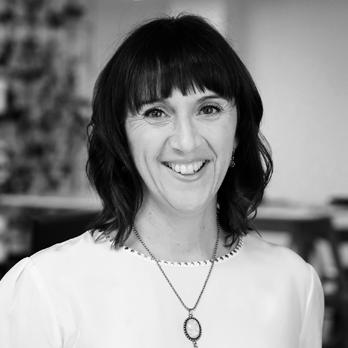
Despite these challenges, Ākina stayed true to its commitment to deliver meaningful consulting services. We stood by our clients, providing support during turbulent times, reaffirming our purpose to make a real impact when it matters most.
Changes in government leadership brought about shifts in policy impacting Ākina. Key initiatives were scrapped, pushing us to adapt and offer pro bono
"Embracing a regenerative economy means creating lasting impact through strategic choices. Through creating meaningful Theories of Change, we nurture abundance for a sustainable future.“

services. This ensured our programmes continued to make a difference in communities amidst uncertainty.
Navigating economic uncertainties and corporate cutbacks, we found opportunities that fuelled our optimism. Through our partnership with Chapter Zero New Zealand, hosted by the Institute of Directors, we are supporting them to put impact at the centre of how they operate. Thought leadership events emphasised our role in shaping the impact landscape, highlighting the ongoing demand for our advisory services.
Collaborations with community trusts, especially Foundation North, played a crucial role in advancing our mission. Their funding not only sustained us but also allowed us to innovate and design programmes that bring about real, lasting change. Notable advisory clients include Beca, Te Puni Kōkiri, and Kāinga Ora, contributing actively to their impact on communities and innovative social programmes.
As we look ahead, we’re gearing up for new beginnings amidst the emerging landscape of the regenerative economy. The drive toward sustainability and circular practices has become a prominent force, shaping how organisations approach their impact.
Briefings for incoming ministers for the newly elected Government are in progress, and we’re committed to delivering positive impact.
Anticipating 2024, our dedication to advancing our mission remains unwavering. The ongoing need for impact consulting and social procurement support services is more critical than ever. Organisations, both public and private, seek guidance in navigating the evolving landscape, aligning their activities with strategic imperatives, and making a tangible difference in the communities they serve.
Thanks for being a crucial part of this journey. I eagerly await a future where positive change is not just a vision but a lived reality.
NICOLA NATION Chief Executive Officer Tumu Whakarae

“RISE, a family violence charity, has found Ākina to be an invaluable partner in our impact journey. With a succinct report and impact management framework, Ākina has empowered us to measure our impact effectively. They worked seamlessly within our timeframes, demonstrating a commitment to easing the extra workload. Ākina’s deep understanding of NGO sector challenges, coupled with their respectful and engaging team, has made this partnership transformative for RISE.“
 – Dee Cresswell, General Manager, RISE
– Dee Cresswell, General Manager, RISE
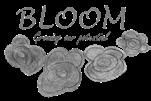
Bloom Pukekohe offers a transformative horticultural and craft-based programme for adults with intellectual disabilities. This innovative initiative not only enriches the lives of its participants but also serves as an invaluable educational platform. However, the path to success has been marked by challenges, and this is where Ākina played a pivotal role.
Bloom Pukekohe emerged from the heartfelt concern of two parents and a youth coordinator who recognised a critical gap in the lives of individuals with intellectual disabilities as they transitioned into adulthood. With limited educational support available, these individuals were left without a clear path after the age of 21. Bloom filled this void by providing these adults with a purposeful and creative activity to look forward to.
The programme’s mission is to engage adults with intellectual disabilities in
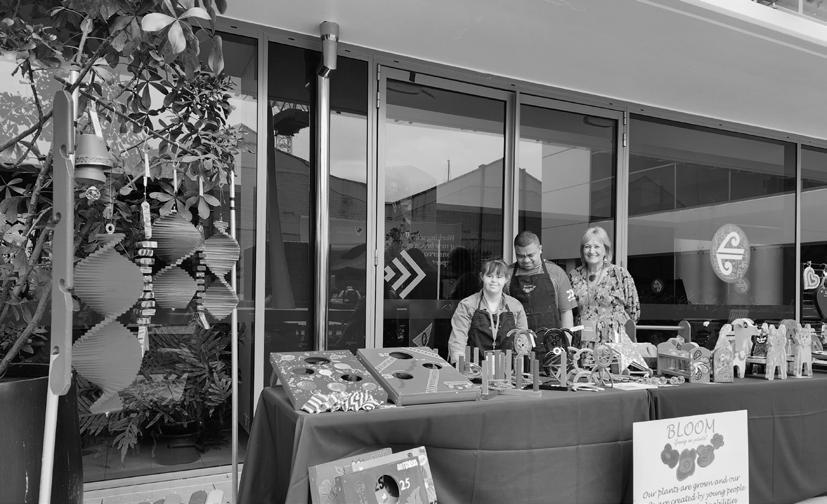
plant nursery activities and crafting, offering them the chance to create colourful wooden craft items like cats, dogs, and games such as bean bag toss. These creations are showcased and sold at the local Pukekohe Markets, generating not only satisfaction but also revenue for Bloom’s operations. Participants are involved in every step, from crafting to painting, over several weeks, fostering a sense of accomplishment and learning.
Ākina first became involved with Bloom when it discovered the organisation’s market stall in Pukekohe. Upon hearing the community organisation was struggling with its financial
sustainability, Ākina facilitated introductions to Foundation North to explore funding opportunities. Job scope creep was affecting efficiency with the whānau-run charity and everyone was feeling overwhelmed. This is where Ākina again stepped in to provide clarity: Ākina helped to define job roles, reviewed Bloom’s internal structures, and educated its Board on the principles of the Good Governance Code, instilling a sense of direction within the organisation.
Bloom’s commitment to embracing Te Ao Māori—the Māori worldview—and incorporating tikanga Māori—Māori customs and practices—is a significant part of its cultural journey. These values
Participants, Parris Smart, Awatea Tauroa with Joanne Tauroa.are deeply integrated into Bloom’s culture, fostering inclusivity and a sense of calmness. Participants start their day with a simple “Kia ora,” reflecting the importance of the Māori greeting and setting a warm and inclusive tone.
Sustainability is a vital part of Bloom’s educational mission. All crafts are made from repurposed recycled timber. Recycled pain test pots infuse vibrant colours into the craft items, bringing them to life. Various other donations are received from local businesses, promoting environmental responsibility and community involvement.
The business advisor role Ākina played is integral to Bloom’s educational growth and financial sustainability. Ākina worked closely with Bloom to develop a clear impact narrative, enabling it to access more funding and revenue streams. Through brainstorming sessions, Ākina assisted in unpacking Bloom’s impact narratives, allowing it to tell its story and deliver messages more effectively.
Bloom’s success is reflected in the lives of its participants, who not only find purpose but also engage in a valuable learning experience. The individuals actively participating the programme learn horticultural and crafting skills, and developing a strong sense of community. They range in age from 17 to 76. Participants travel from various areas, underscoring the programme’s wide-reaching educational impact.
Ākina continues to support Bloom through knowledge sharing and proactively identifying opportunities that might be a good fit for Bloom’s development.
Through a commitment to education and strategic guidance, Ākina has helped Bloom overcome obstacles and realise its full potential. Bloom Pukekohe is not just a horticultural and craftbased programme; it’s an educational journey that empowers participants and the community through learning, purpose, and unity. With a clear impact
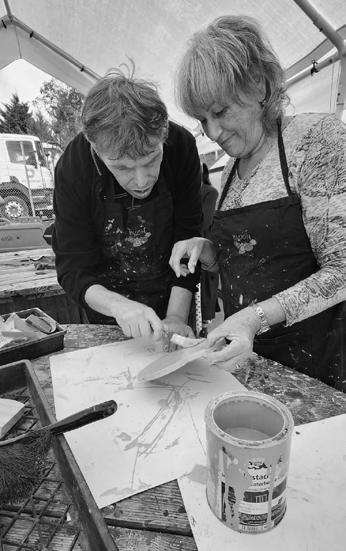
narrative, a dedication to Te Ao Māori, and a commitment to sustainability, Bloom Pukekohe is an embodiment of educational growth, hope, and resilience within the community it serves.
Corporate

”Our work with Ākina has helped us to realise the full extent of the Funds impact on Aotearoa and the ecosystem we contribute too. How we define ourselves, and how we explain ourselves to others has been reshaped based on the impact report and the insights that the team at Ākina have given us.”
- Simon Rogerson, Director, Westpac NZ Government Innovation Fund


The Westpac Government Innovation Fund (WGIF), established eight years ago with a total investment of $10 million, selected Ākina to measure the effectiveness of its funding. With 18 months remaining, the aim was to provide an independent view, share insights with stakeholders, and communicate the value created.
The fund, occupying a unique niche in innovation funding, collaborated with Ākina to define measurement metrics. Our expertise guided the fund in understanding its distinct position and establishing metrics in line with industry standards and public expectations. The collaboration was described as strong and effective, with Ākina leading at the right times, providing guidance without overshadowing WGIF’s brief, and
maintaining a balanced approach.
The collaboration involved a staged approach to data collection, including workshops and individual interviews with key stakeholders. The process aimed to gather insights from a diverse range of perspectives, ensuring a balanced understanding of the fund’s impact.
The impact report emphasised the qualitative nature of the fund’s impact, focusing on stories, experiences, and systemic impacts rather than solely quantitative metrics. Governance structures, including an independent board and working groups, were highlighted, emphasising the involvement of government and banking representatives in decisionmaking.
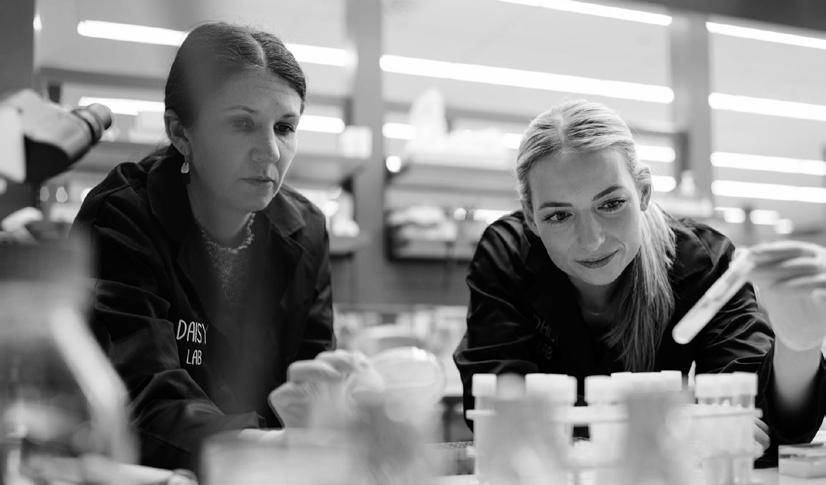
housing, decarbonisation, supply chain transparency, the future of work, financial well-being, and Improving the public sector. The fund developed and refined an intake model, conducting themed intakes to gather innovative ideas around specific societal challenges.
While the impact report that Ākina completed for the fund did not prompt an immediate change in funding criteria, it affirmed a shift in the fund’s focus towards societal change. The report influenced the way the fund perceived itself and communicated its value and it contributed to a shift in narrative and stakeholder engagement.
intellectual property with government agencies and other organisations, enhancing storytelling and stakeholder engagement. The report played a role in conveying the fund’s impact beyond financial investments.
Conclusion
Over eight years, the fund invested in diverse impact areas, including quality
The impact report and insights from Ākina empowered the fund to articulate its journey and contributions effectively. The fund aimed to share its

Our measurement of the Westpac Government Innovation Fund’s impact, reflects on financial investments, qualitative impacts, societal changes, and the legacy it leaves behind. The collaboration with Ākina stands as a model of effective partnership, guiding the fund in measuring and articulating its impact. The case study prompts reflection on challenges faced, lessons learned, and the potential for the fund’s unique model to inspire future initiatives in government innovation and social impact.
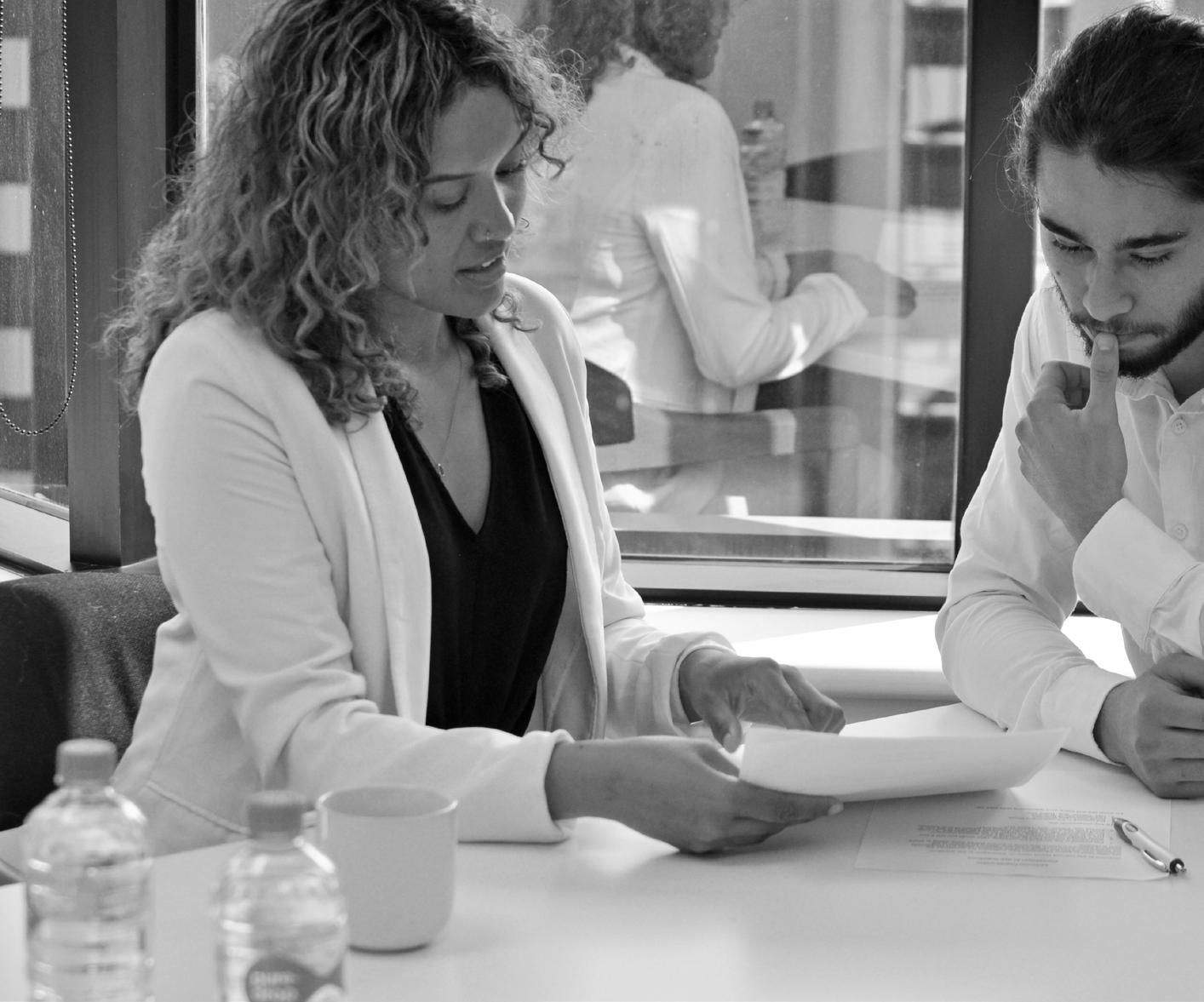
“Te Puni Kōkiri is dedicated to delivering a progressive procurement kaupapa, prioritising government supplier diversity with a focus on Māori businesses. We guide and uplift Māori businesses, enabling them to navigate and excel in government procurement processes. Government agencies are encouraged to assess not just price but the broader social, environmental, and cultural outcomes of engaging Māori businesses. This year, we’ve continued our collaborative partnership with Ākina, concentrating on the Dunedin Hospital Extension, in Te Waipounamu (South Island) as a focal point for advancing the measurement of our progressive procurement impact, and the technology and environment sectors for understanding the breadth and depth of impact. The Māori businesses that Ākina assessed are delivering significant impact covering environmental initiatives aimed at enhancing biodiversity, rebalancing nature, and nurturing strong whanau bonds. Simultaneously, they’re fostering a resilient Māori economy and nurturing an entrepreneurial mindset. Our partnership with Ākina has enabled us to identify enablers and barriers, develop impactful tools, and engage with networks supporting Māori businesses, setting the stage for other government agencies to measure the true impact of progressive procurement.”
- Will Greenhalgh, Portfolio Manager, Te Puni Kōkiri, Te Tari Matua


The Ministry for the Environment’s (MfE) Community Investments Team, Whakamanahia te Hapori, administers over $400 million in Jobs for Nature funding programmes. This Jobs for Nature programme, administered over five years in response to challenges posed by the Covid pandemic, focused on critical projects like riparian planting, wetland restoration, and freshwater farm plans. Recognising the inherent social and environmental value that recipient organisations and projects provide, and anticipating a substantial drop-off in funding in 2025, MfE proactively engaged Ākina to support project recipients to strengthen their financial sustainability.
The high levels of government funding through Jobs for Nature are unsustainable and prompted MfE to seek a strategic partner in Ākina, which was appointed to develop financial sustainability plans for
pilot organisations and address the challenges faced with innovative solutions.
Forging a Multifaceted Approach
Together with MfE, a multifaceted approach was taken:
Development and application of a Financial Sustainability Assessment Framework
A financial sustainability framework was crafted which enabled MfE to identify which partnering organisations were best-placed to participate in an investment-readiness pilot.
Effective Workshop Facilitation
Ākina excelled in facilitating workshops, drawing out solutions from organisations, ensuring a nuanced approach to their unique challenges and barriers. The workshops were designed to explore and prioritise generation opportunities, to set up the participants to be less reliant on grant funding in the future.
Developing financial sustainability plans
Ākina co-developed plans with partnering organisations and used Ākina’s network to identify business consultants to further support these recipients in actioning the plan over a 12-month period.
The implementation process saw pilot organisations such as Para Kore and Environment Hubs Aotearoa (EHA), embarking on distinct journeys. Para Kore addressed operational issues identified during the implementation process and enhanced its project management systems. For EHA, Ākina facilitated strategic sessions for board members and staff that aligned to a rebrand and the development of a pitch deck for future investors.
After 12-months of implementation, the pilot organisations reported the value of the project in enabling them to shift
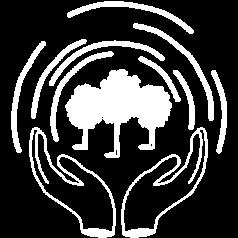
their focus from day-to-day operations to progressing intentional and strategic planning. Across participants, the collective rating for the programme was an impressive 8.6 (rated on a scale of 1 to 10). Tangible outcomes will eventuate in coming years; however, this initial feedback has underscored the positive impact of the collaborative, multifaceted approach.
The collaboration brought forth key lessons:
• Time for Financial Resiliency: Financial resiliency work takes time, both for pilot projects to find suitable contractors and for embedding the work into operations.
• Balancing Cultural Needs: With the short timeframe of the programme some compromise was needed in terms of engagement. For example,
kanohi ki te kanohi (face-to-face) meetings were not always able to be facilitated due to time and resource constraints, which was not optimal especially for some Māori organisations. With strong existing relationships, clear communication and understanding of expectations emerged as key for successful collaboration.
In conclusion, this collaboration has helped MfE build an understanding of funding recipients’ needs which will assist them in developing a Jobs for Nature transition plan. Ākina’s support has enabled MfE to develop more strategic and purposeful thinking amongst high-impact providers of critical environmental services in Aotearoa.
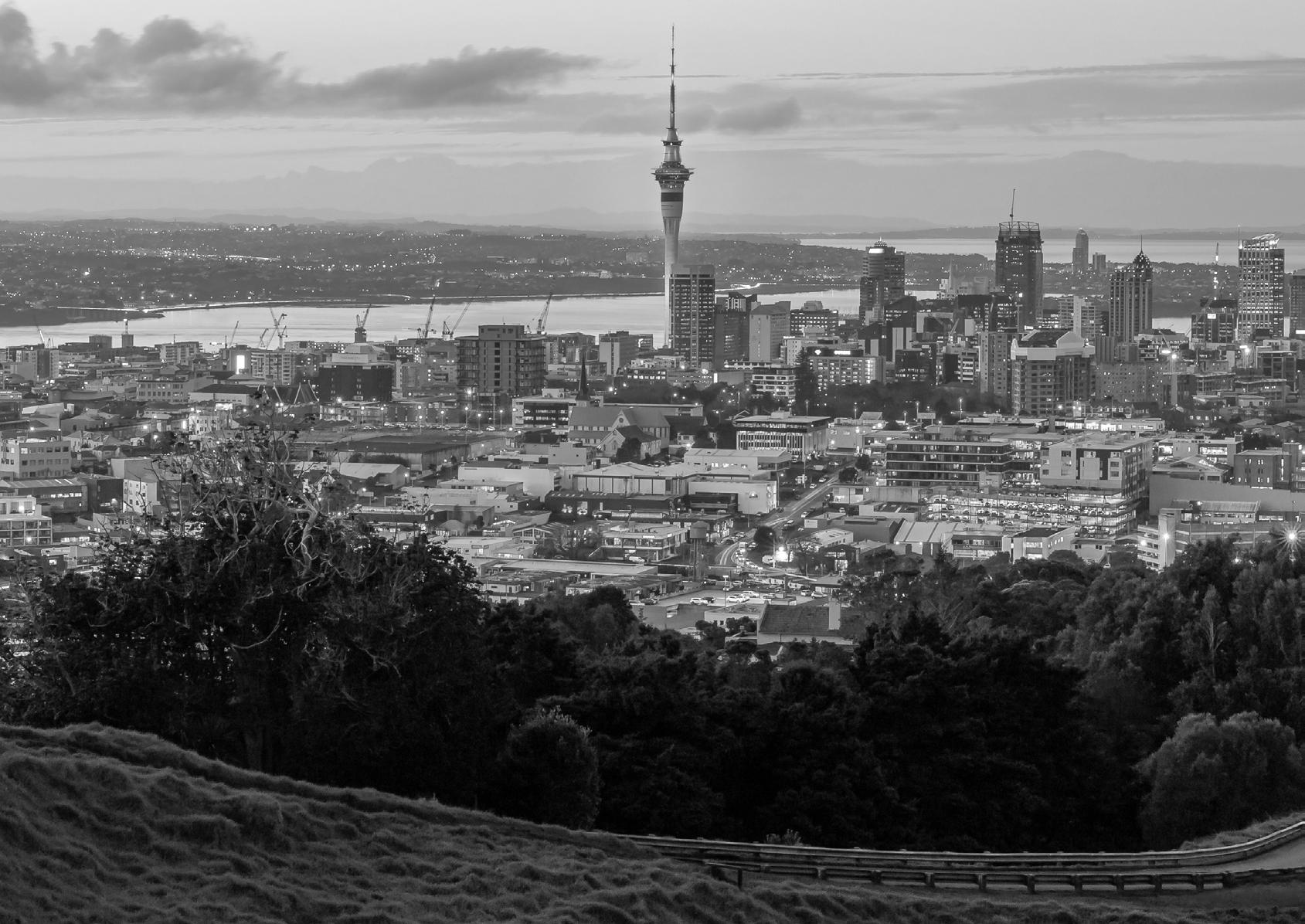
”Ākina has been a transformative partner for Canon, delivering social procurement advisory services through the Guide Impact Buyer Membership. Their workshops analysed our sponsorship and procurement activities, enabling us to define impact priorities and themes and align our actions for enhanced social impact. Engaging in Ākina’s social procurement buyer events broadened our understanding of best practices, with topics like scope 3 emissions and building social procurement engagement. Beyond knowledge enrichment, Ākina strategically connected us with influential leaders in private and public sectors, fostering collaboration and shared learning. Their ongoing guidance has elevated our social and ethical procurement practices.”
- Jeannine Barnes, Marketing Manager, Canon Business Solutions

Fresh Desk, a purpose-driven cleaning company, is a certified Ākina impact supplier. As a member of a cleaner-centred collective, Fresh Desk is dedicated to enhancing the health, wellbeing, and professional development of people in the cleaning industry. Ākina has supported Fresh Desk, particularly in increasing its understanding of procurement processes, connecting them with the supplier community, and helping them to understand the opportunities within both government agencies and corporate suppliers that Fresh Desk can champion.
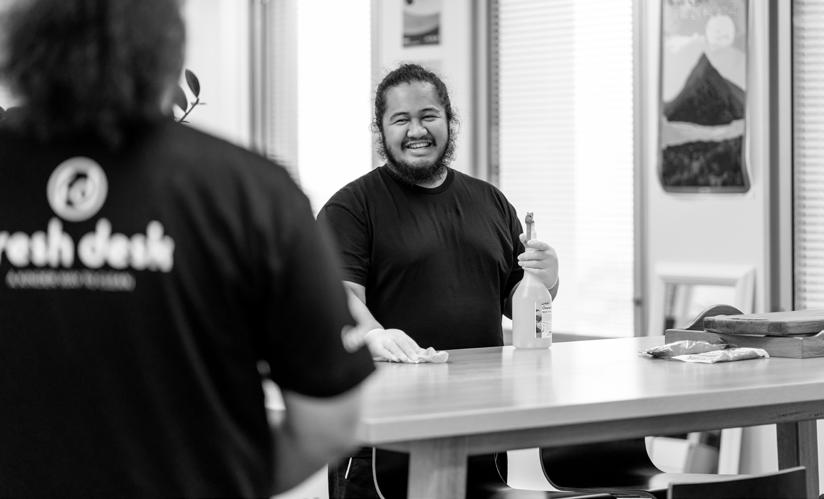
health and wellbeing, financially and with training opportunities:

Working with a new legislative framework
Since 2020, social procurement has gained momentum within the sector, driven by the progressive procurement policies initiated by the New Zealand Government. These policies seek to address decent income, amplify supplier diversity, and ensure compliance with employment standards.
Cleaners employed by Fresh Desk experience superior outcomes in their
Living Wage:
Feeling valued at work and being fairly compensated makes measurable difference in wellbeing metrics, so Fresh Desk ensures that cleaners receive a living wage, enhancing their financial wellbeing and ensuring they can meet every day needs such as utility bills and medical expenses. Measuring workforce pay inequities in 2022, Pacific peoples at Fresh Desk were paid 1% more than nonPacific peoples and women were paid 3% more than men.
Health and Safety:
Fresh Desk prioritises health and safety, and creating a safer and healthier work environment for their employees and their customers’ staff. Fresh Desk is an +IMPAC PREQUAL organisation,
meaning their processes are externally audited for best practice in health and safety. Initiatives implemented by Fresh Desk include the introduction of colour-coded cleaning equipment to match international standards and reduce the risk of cross-contamination at customers’ premises, purchase and use of cordless vacuums to prevent trips and falls, running Health and Safety workshops with Dr Danae Anderson, lecturer in occupational health and safety at Te Herenga Waka Victoria University Wellington’s Te Kura Tātai Hauora School of Health, and running monthly Toolbox hui.
Professional Development:
Cleaners have access to professional development opportunities, fostering personal and career growth. Since 2015, 14 Fresh Desk team members have completed a New Zealand Certificate

in Cleaning: Level 2 to develop skills in cleaning safely, cleaning methods, infection prevention and customer service. Additionally, one Fresh Desk team member has completed an NZQA Trainer and Assessor: Level 4 course that enables them to assess candidate performance, and another has completed a New Zealand Certificate in Business, First Line Management: Level 4 to develop skills in managing workflows and leading a team. The beneficiaries of Fresh Desk’s professional development programmes are regularly ‘vulnerable workers’ who face barriers to employment by belonging to at least one, often several, marginalised communities. The qualifications are formally recognised and the learners reported outcomes of feeling fulfilled and having more choices in their career.
Social procurement is the acquisition of goods, services, and works that also generate social, cultural, and
environmental benefits. Our Impact Buyer Membership Programme and Impact Supplier Certification Programme are pivotal in advancing social procurement in Aotearoa. These programmes focus on educating buyers about the “why” and “how” of incorporating social, environmental, and cultural impact into their procurement decisions and processes; as well as making it easy to identify suppliers that are having impact through certification. The ultimate goal is to embed impact-led suppliers into these buyers’ supply chains and catalyse our certified impact suppliers into their supply chains. Organisations have the power to create meaningful impact through their procurement choices. Working as intermediaries, Ākina looks for opportunities to encourage value exchange with an impact focus and highlight areas of growth to build capability with impact buyers and suppliers.
Ākina is a leading advocate for social procurement in Aotearoa. We actively
work with and alongside buyers and suppliers in their impact journeys.
Ākina worked with Fresh Desk to build their understanding of procurement processes and opportunities.
Ākina assisted Fresh Desk in deciphering the intricacies of procurement by providing educational resources, workshops, and guidance on navigating the procurement landscape. By arming Fresh Desk with this knowledge, they were better equipped to align their services with the requirements and values of socially responsible buyers.
Furthermore, Ākina connected Fresh Desk with a vibrant community of likeminded impact suppliers and buyers. This network not only expanded Fresh Desk’s opportunities but also fostered collaborations and partnerships that were mutually beneficial.
Conclusion
By embracing social procurement as
a means of advancing health, wellbeing and professional development, Fresh Desk with support from Ākina has thrived, showcasing excellence in their field. Working collaboratively to better understand what Social Procurement means in our current economic climate, Fresh Desk has been a positive demonstration of commitment to social outcomes while leveraging learning from our capability programme.
This partnership is a testament to the incredible potential that lies within social enterprises and the impact that can be achieved when organisations like Ākina work hand-in-hand with dedicated and visionary social entrepreneurs.


“After establishing Chapter Zero NZ, the Institute of Directors worked with Ākina to help crystallise our purpose and audience, and to better understand how we could achieve meaningful outcomes. Their support has given us a more focused strategy, delivered by a united group of diverse stakeholders.”
- Clare Elcome, Project Communications and Engagement Manager, Institute of Directors Partners
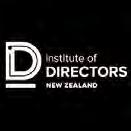


Foundation North and Ākina have fostered a dynamic collaboration, driven by a shared commitment to building a more equitable,socially inclusive, and environmentally regenerative New Zealand. Foundation North has approved a significant multi-year grant for Ākina, aimed at delivering a range of critical services to empower impact enterprises in Tāmaki Makaurau and Te Tai Tokerau. This case study delves into the impact it has had on communities and organisations aligned with Foundation North’s strategic interest in strengthening the impact investment ecosystem.
Foundation North, a prominent philanthropic organisation in New Zealand, and Ākina, an influential impact enterprise intermediary, have shared a productive partnership spanning a decade. Foundation North has extended a total of nine grants to Ākina over the years, including three multi-year grants, which demonstrates the depth and continuity of their partnership.
What sets this collaboration apart is the evolving nature of the relationship between Foundation North and Ākina. They have transitioned from a traditional grant-giver and recipient relationship to a more integrated partnering approach, marking a significant shift in how they work together.

strengthening the partnership by approving a transformative multi-year grant of $1.5 million for Ākina. This funding encompasses various components, each strategically designed to foster positive social and environmental change.
The primary components include:

Foundation North’s Strategic Focus Foundation North recognises Ākina as a pivotal partner in the realm of impact enterprises and impact investment. The alignment of their vision with Foundation North’s strategic focus on “Increased Equity”, “Social Inclusion”, and a “Regenerative Environment” highlights the coherence of their goals. These strategic pillars drive both organisations to pursue innovative ways to address societal challenges and promote sustainable development.
In the last year or so, Foundation North affirmed its commitment to
Delivery of Capability Services: This involves supporting early-stage impact enterprises in Te Tai Tokerau through Capability Builders NZ and providing Tāmaki Makaurau organisations with business and impact approach coaching, navigation support for early impact entities, and impact strategy support for organisations with high impact potential.
This initiative includes providing venture grants of up to $30,000 for organisations aligned with Foundation North’s strategic goals. This programme is co-funded in collaboration with other partners.

Early-stage impact investment potentials will receive customised advice to strengthen their financial strategies.
Advocacy
Activity: Activities aimed at advancing impact enterprises and fostering sector-wide growth.
Operating
This component contributes to operational expenses for Ākina, including travel, impact measurement, and management support.
Foundation North’s funding to Ākina is intentionally directed toward services that benefit Foundation North’s priority communities. These communities include Māori, Pacific, Former Refugees, Migrants, people living with disabilities, and rainbow communities, as well as organisations
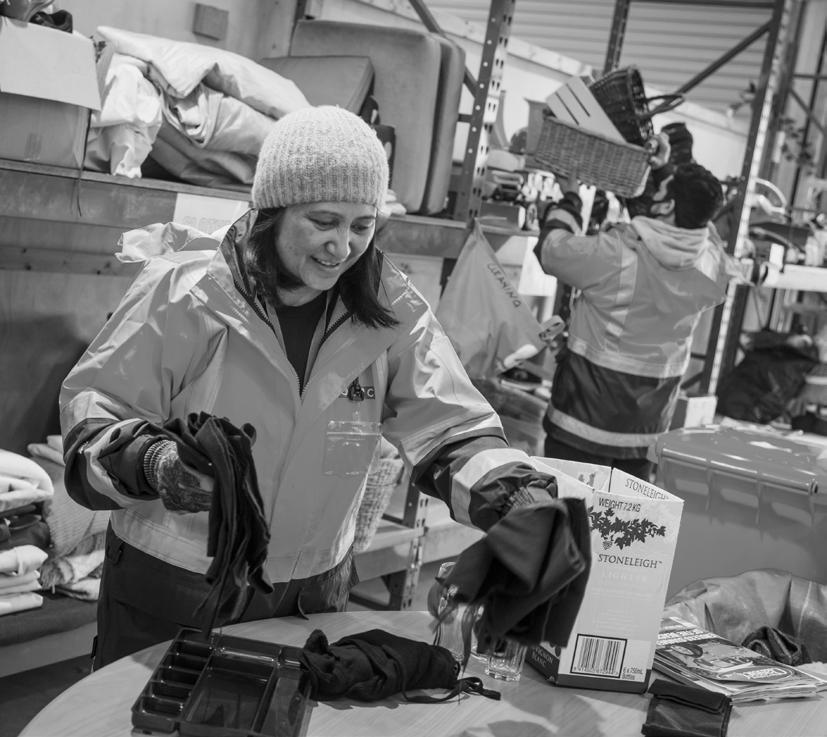
This targeted approach ensures that resources are channeled toward those who need them most, contributing to equitable growth and social inclusion.
The partnership extends beyond financial support. Foundation North’s staff actively refer suitable groups
to Ākina for assistance, ensuring that those who can benefit from the services are connected with them. Additionally, Foundation North’s comms and brand team plays an essential role in promoting the Impact Investment Readiness Programme when it is open, as well as publicly celebrating the organisations awarded Impact Investment Readiness grants.
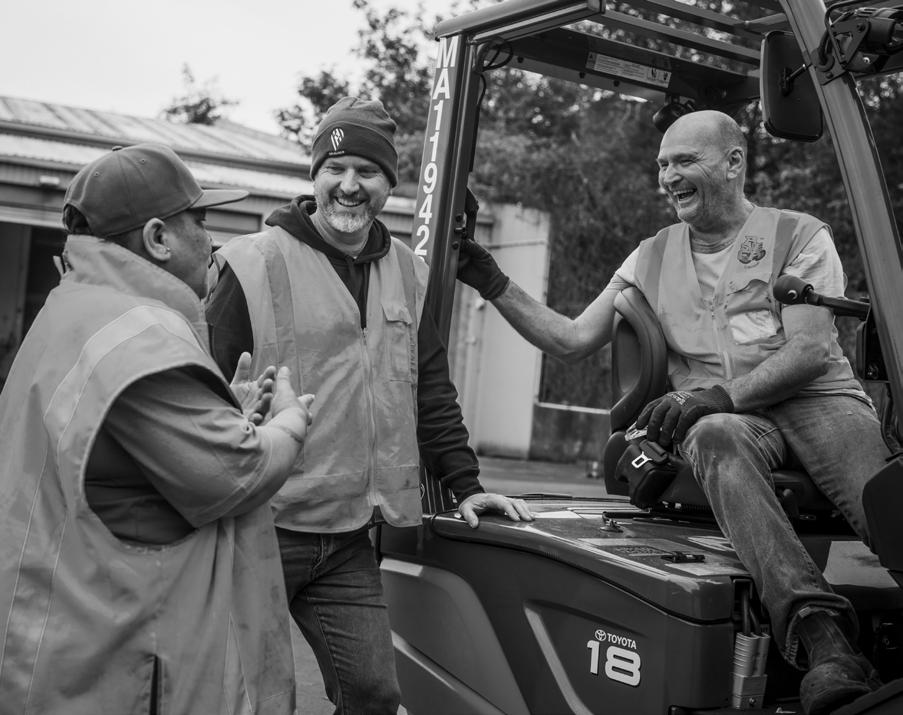
This proactive approach not only supports organisations in their journey to readiness but also recognises their achievements, fostering a sense of accomplishment and encouragement.
Foundation North’s partnership with Ākina serves as an exemplary model of how philanthropic organisations can collaborate with impact intermediaries to create a lasting and positive impact on their communities. By providing strategic funding, actively engaging in promotion, and targeting support to priority communities, Foundation North is not just a grant-maker but a catalyst for social and environmental change. This partnership highlights the power of shared vision, innovative strategies, and a commitment to building a more equitable, inclusive, and regenerative New Zealand. It is a testament to the potential for collaboration between philanthropy and the impact sector to drive transformative change.
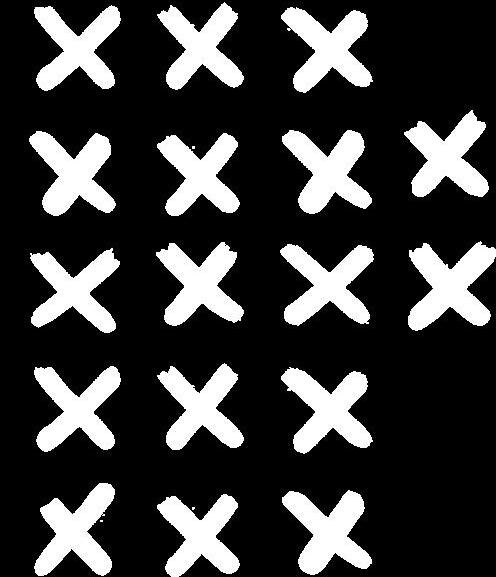
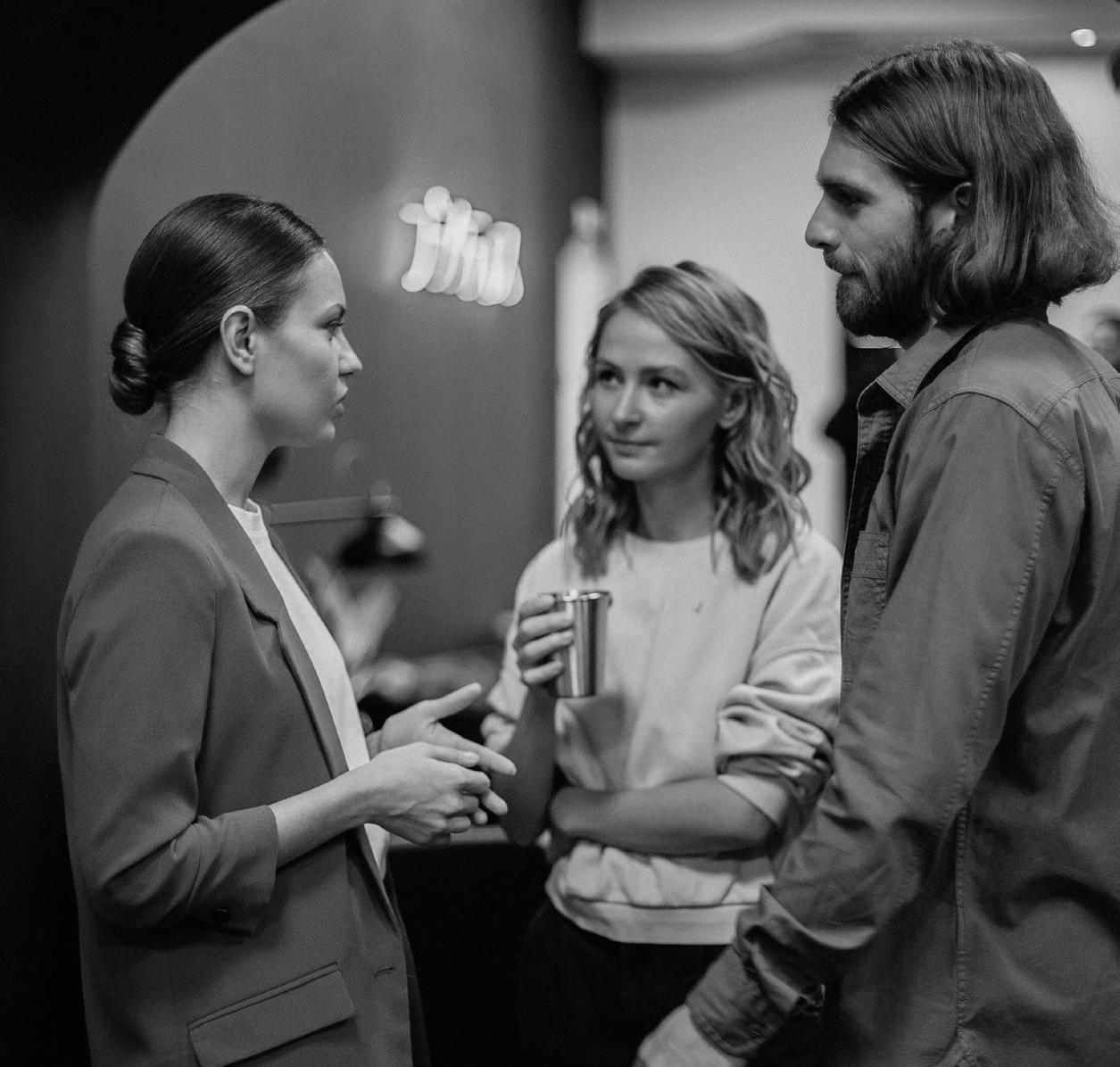
“Ākina serves as a crucial intermediary in the regenerative economy ecosystem, playing a pivotal role, including with its Impact Investment Readiness Programme (IIRP). For a robust impact investment ecosystem, we need effective intermediaries to complement funders and investors. Ākina holds the financial reins on behalf of forpurpose funders, distributing and reporting on investments. They are instrumental in earlystage initiatives, where options are scarce for startup social and impact enterprises. It’s not just about funding through grants; it’s about operating commercially – although with a small ‘c’.
Ākina also acts as a deal broker, facilitating collaboration between entities to create significant impacts. An example is the Waka Aronui pilot, where Ākina brought parties together to provide affordable, ecofriendly transport solutions to 20 south Auckland families living in financial hardship. We’re increasingly focused on Te Ao Māori, recognising its potential to address complex environmental and social issues. Ākina’s alignment with this focus is promising, fostering the growth of Māori-led initiatives. This collaboration is a step toward a more thriving and cohesive nation in the future.”
- John McCarthy, Manager, The Tindall Foundation

Critical, a Māori-owned company based in Aotearoa, New Zealand, is dedicated to addressing the urgent issues of climate change and plastic pollution. Their mission is to transform plastic waste into beautiful, lowcarbon, and endlessly recyclable materials, primarily targeting the construction industry with their flagship product, Cleanstone. Their customer base includes specifiers, property developers, retailers, shop fitters, fit-out architects, and product manufacturers.
Participation in the Impact Readiness Programme
Critical, which had previously missed out on funding, applied for the 2023 Ākina Impact Investment Readiness Programme and secured a spot in this programme for the first time.
Eligibility Requirements
To be eligible for the Impact Investment Readiness Programme, organisations
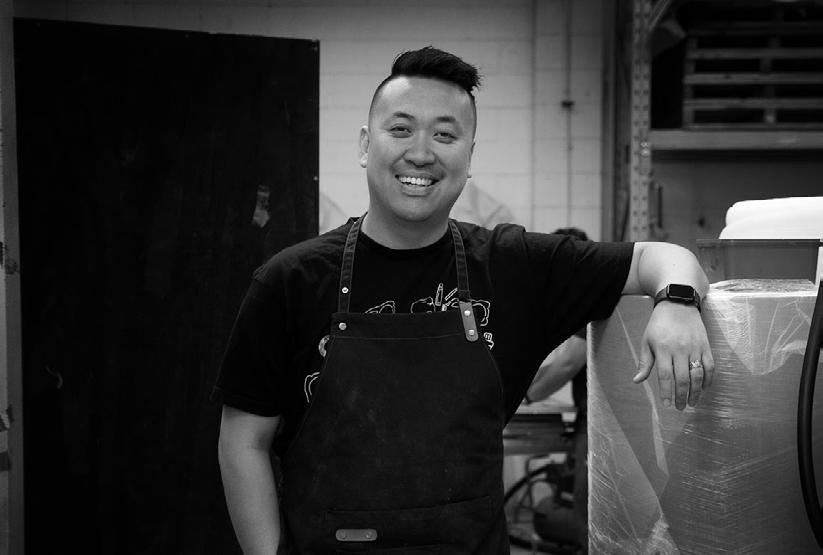
need to meet certain criteria, including being a New Zealand incorporated entity with activities benefiting New Zealand, having a realistic plan for making a social, environmental, and/ or cultural difference, demonstrating a growth strategy that requires significant financial investment, and presenting a plan to get ready for that investment.
Critical’s core mission is deeply rooted in their commitment to the Māori cultural values and their responsibility to care for the natural world (te Taiao) by uplifting its mauri (life force). They strive to be good tīpuna (ancestors)
for future generations and ensure the prosperity of their tamariki (children) for millennia to come.
Key Challenges and Environmental Impact
Climate change and plastics pollution are among the most significant challenges of our era. In New Zealand, over 400,000 tonnes of new plastics are imported annually, while up to 330,000 tonnes of used plastics end up in landfills. Critical addresses these challenges by producing Cleanstone, a stunning, sustainable, 100% recycled plastic panel. Made from locally reclaimed New Zealand plastic

waste, Cleanstone has a low carbon footprint (0.006 - 0.012 CO2e/kg) and is manufactured using locally recycled plastic instead of oil, contributing to reducing the carbon footprint in the built environment.
As part of the Impact Investment Readiness Programme, Critical received valuable support from Ākina, including intellectual property and legal advice for provisional patents, legal fees related to creating a nominee structure in preparation for a seed investment round, and assistance with updating their Shareholders Agreement to reflect their impact objectives.
To date, Critical has successfully raised $1.25m towards their current $1.5m investment round, and once the raise is closed will bring in seven
new shareholders. At the time of participating in the Impact Investment Readiness Programme, they were already engaged in a capital raise with first investors on board and a lead funder.
The impact investors attracted by Critical are focused on achieving environmental, social and cultural outcomes, alongside financial returns.
Critical’s vision extends beyond New Zealand. They have received interest from various markets, including Europe, the United States, Asia, India, and the UK, signifying the global relevance of their mission. The company acknowledges that the challenges of climate change and plastic pollution are not limited to New Zealand and is actively working to expand their presence worldwide.
Critical’s success with the Ākina Impact Investment Readiness Programme showcases the impact that purposedriven businesses can have in addressing pressing environmental challenges. Their innovative approach to transforming plastic waste into sustainable building materials aligns perfectly with Te Ao Māori and commitment to future generations. With the support of Ākina, Critical is well on its way to making a significant contribution to environmental sustainability and the fight against climate change and plastic pollution.


Our ways of working are making an imapact People, Te Ao Māori, Climate Action
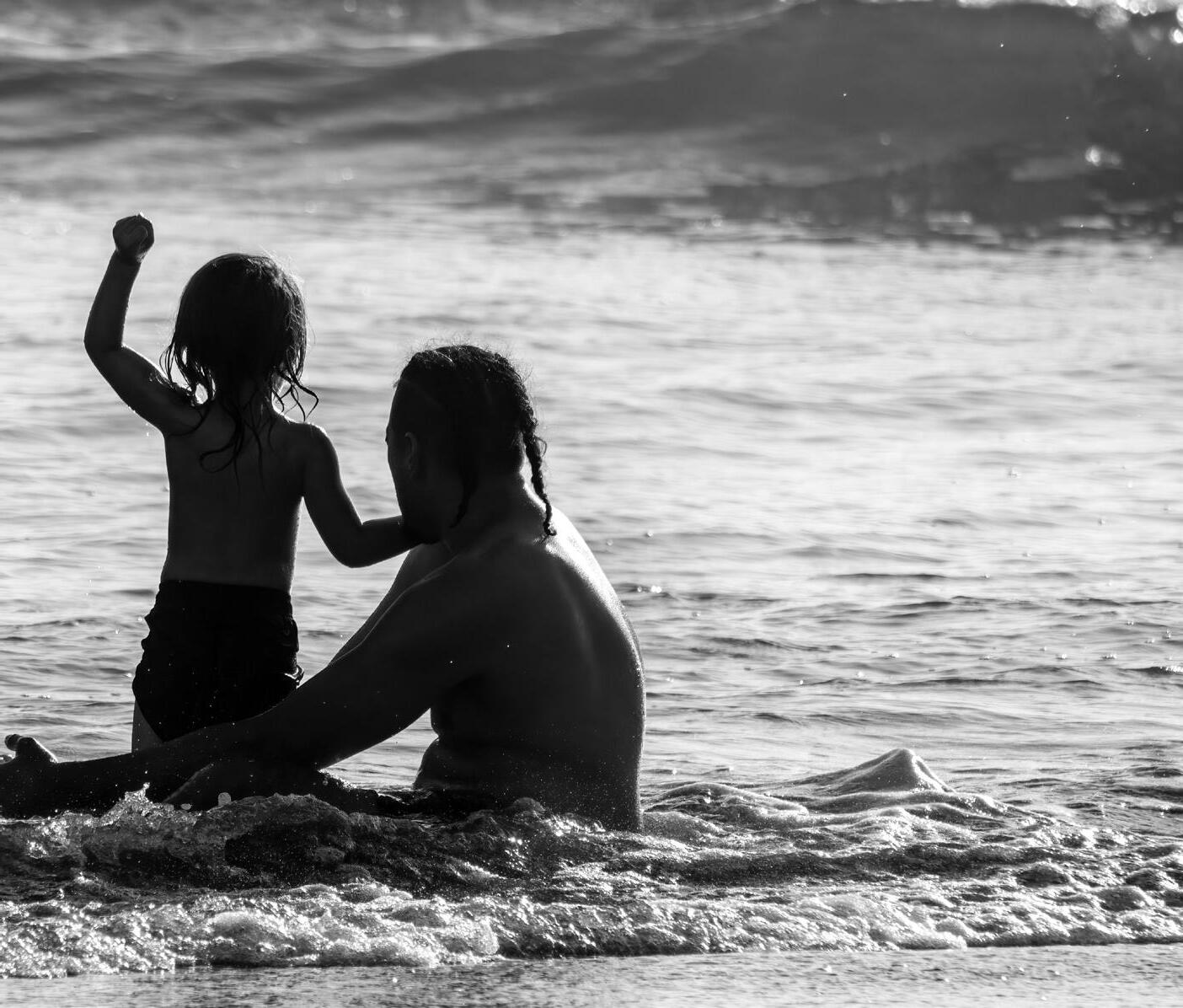
He aha te mea nui o te ao?
He tāngata, he tāngata, he tāngata! What is the most important thing in the world? It is people, it is people, it is people!
At Ākina, we are committed to creating and maintaining a diverse, inclusive, and supportive work culture.
Diversity Initiatives:
Focus on increasing our ethnic diversity through recruitment process review for equal opportunity hires. Next year we will explore ethnic diversity surveying because we want to build an ethnically diverse team that encourages diverse thinking, and perspectives that reflect the society we operate in.
• Coaching on anti-racism and unconscious bias.
• Review of DE&I policy to ensure it is fit for purpose.
• Ongoing review of external DE&I communications.
• Development of Accessibility policy and developed accessibility guidelines that supported our external communications to be more inclusive e.g. text on social media and video content.
Workforce Composition:
Total Employees (as of June 30, 2023): 15 employees (9 full-time, 5 part-time, 1 on parental leave).
Active FTE: 12.1 (12.9 including parental leave).
Associates: 7
Total employees (including associates): 22
Gender identification:
Employees: 13 women, 2 men
Associates: 1 women, 5 men, 1 non-binary
Trustees: 2 women, 5 men
100% women leadership team

We strive for equality and fairness within Ākina, so understanding and measuring our gender pay gap is an essential step in our commitment to fostering a diverse and inclusive workplace.
Our pay gap for women employees is 12.98%, primarily due to the distribution of roles between men, women and genderdiverse employees. While all men hold senior positions, women are present at all organisational levels, including leadership, administrative, marketing, and consulting roles. This distribution influences the overall average salary, resulting in the observed gender pay gap. Ākina does not currently employ any gender-diverse people. Annual pay parity adjustments are ongoing.
In future reporting cycles we aim to produce a gender ethnicity pay gap as well.

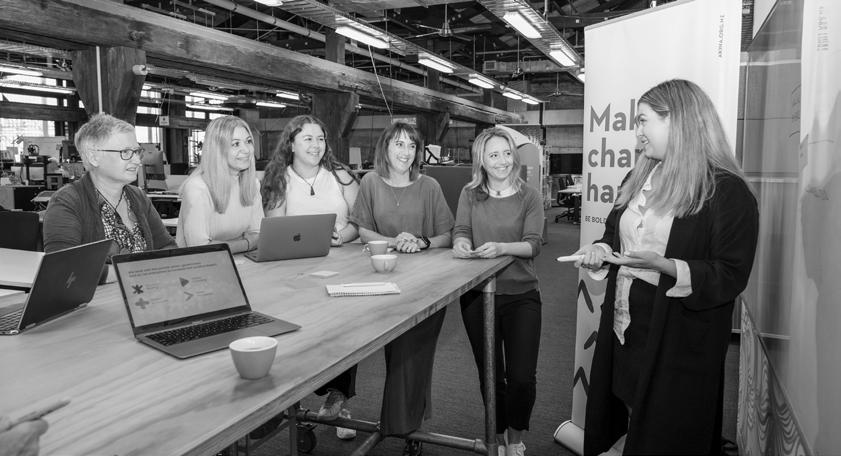
At Ākina, we want to retain our staff as long as possible, while helping them grow. Here’s what we found in our culture and staff engagement results for FY23.
Employee Retention and Promotions:
Overall staff retention: 71%
3 internal promotions, two into leadership roles.
Culture survey results for FY23: Work & Life Blend 82%
- How well our people feel they can manage their workloads, and have

flexibility to manage work with their personal life effectively.
Safety & Wellbeing 79%
- How well we are looking out for each others health & safety.
Leadership 77%
- Confidence that Ākina has effective and inspiring leadership, who communicate well and recognise the importance of people in the journey.
We have cultivated flexible workplace policies and initiatives that put our team’s physical and mental health at the front and centre of Ākina, all while promoting a work-life balance that makes sense for each person within our team.
Flexible Working and Wellbeing:
• Adoption of flexible and hybrid working arrangements.
• On- and offboarding process for parental leave and long-term leave.
• Various tools and processes supporting flexible working.
• Regular team engagement activities.
• Quarterly People Committee meetings with Trustees and Management.
• Proactive tracking of team happiness during weekly stand-up meetings. This initiative goes beyond conventional productivity discussions, fostering a culture where team members can openly express their feelings, share challenges, and seek support.
Leave and Wellbeing Policies:
• 5 weeks annual leave for all employees.
• Hauora leave encouraged for wellbeing.
• Reflective practices adopted across the organisation.
• Additional leave and flexibility during Cyclone Gabrielle.
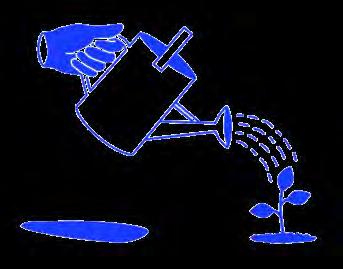
Investing in learning and development is our way of nurturing the growth and potential of our team.
• Annual review of People & Culture Strategy and policies.

• 295 hours spent on formal learning and development including coaching, impact training and online courses.
• 310 hours attending events
• Percentage of employees with regular performance and career development reviews: 100%.
• Annual culture survey with action items developed as a result.
• We also host quarterly team days that include learning and development and a focus on team connection.
• Strengths based approach to L&D focusing on individuals strengths and interests and developing those rather than focusing on weaknesses.
• Last year we promoted three team members rather than recruiting externally. Two of these promotions saw existing team members move into leadership team roles.
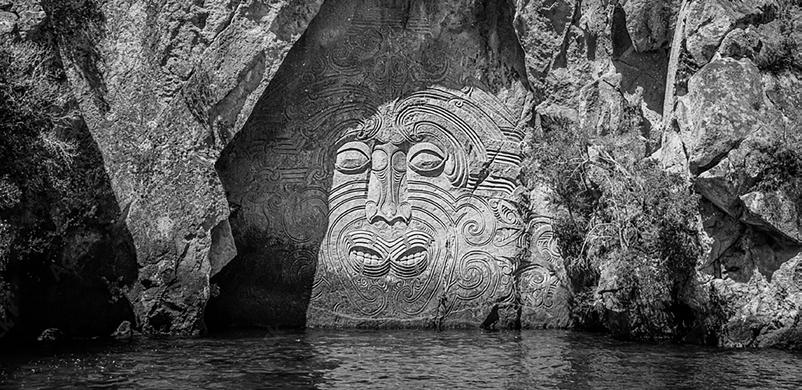
We are on an ambitious cultural journey, working to build tikanga Māori as a central to our operations at Ākina, where Māoritanga and tikanga shape how we work every day. All team members have undergone Te Tiriti o Waitangi training and are encouraged to learn and use te Reo Māori. This summary highlights the proactive steps we have taken in the last year to embed Te Tiriti principles in our operations.
Initiatives include staff training, and ongoing efforts through internal working groups, showcasing a dedication to continuous learning and improvement in cultural understanding and inclusivity.
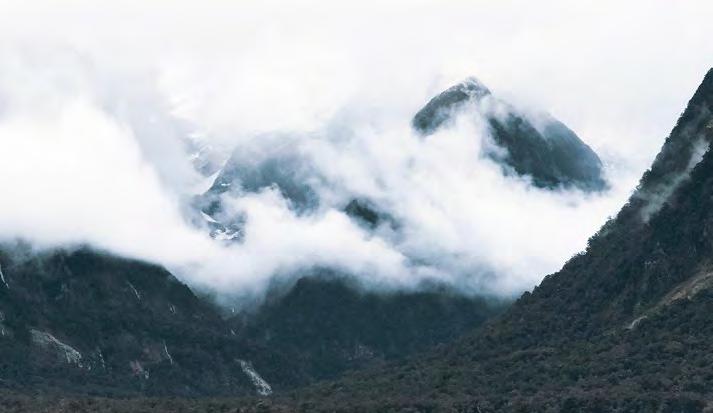
Te Tiriti o Waitangi Working Group
• Te Tiriti o Waitangi working group continues to emphasise a commitment to challenge, measure, and progress work to align the work that we do with the principles of Te Tiriti. This included the development of and impact model and supporting indicators to measure the impact of the working group.
• 311 working group hours
Te Tiriti o Waitangi Implementation
• Implementation of Te Tiriti induction for new team members, reinforcing our commitment to the principles of Te Tiriti.
• 20 hours induction time across organisation.
• Completion of Te Tiriti o Waitangi training courses by staff members.
• Implementation of unconscious bias coaching to promote awareness and address potential unconscious biases within the organisation.
Waiata for Waitangi
• The team participated in a waiata practice and performance at All Hands in February 2023 to honour the significance of Waitangi Day.
The Ākina carbon footprint covers the emissions of our operations across the motu, including remote workers and waste, electricity, travel, and accommodation. Our emissions reduction targets are consistent with domestic climate change legislation (the Climate Change Response Act 2002) and the global goal of The Paris Agreement to limit global warming to 1.5°C. Each year we independently measure, certify, and offset 120% of our carbon through social enterprise Ekos. From 1 July 2022 to 30 June 2023, our total emissions were 59.67 tCO 2 e and our total offsets were 72 tCO 2 e.
Ākina has no scope 1 emissions, and our scope 2 emissions represent just 0.39% of our total emissions.

The remaining 99.61% of our emissions are scope 3 emissions, and of that, approximately 88% come from business travel. We are continuing to take significant steps to reduce our travel emissions, including applying the principle of travelling only when necessary, assessing potential flights against carbon offset vs distance cost, and taking buses or walking instead of driving or taxis wherever possible. For local business travel, buses are the preferred method of travel.
Our certified carbon credits are sourced from projects that grow and protect forests in the Pacific Islands and help to deliver climate resilience, waterways protection, erosion control, biodiversity conservation and community economic development.
Ākina takes a holistic approach to sustainability. At Ākina, we demonstrate our commitment to everyday sustainability through tangible, everyday climate actions that define our culture. From reducing waste by using recycled containers to eliminating printed
paper, we foster eco-consciousness and lead by example. Virtual meetings and making mindful travel choices (i.e. by only travelling if we really have to) further emphasise our dedication to reducing our carbon footprint.
We take our role as a climate leader seriously, actively working to make a positive difference for the planet through sustainable practices and environmental stewardship.
• As a Signatory to the Climate Leaders Coalition 2022 Statement of Ambition, Ākina has:
- Set science-aligned gross absolute short term reduction target (Scope 1 +2) to align with a 1.5°C target.
- Assessed and disclosed climate change risks
- Proactively supported value chain stakeholders to reduce emissions
- Proactively enabled employees to reduce emissions
- Developed a Climate Action Plan.
• We are Ekos Climate Positive certified.
• As the Impact Partner for Climate Governance initiative Chapter Zero, we deliver pro-bono impact services to advocate for and showcase the change in governance required to respond to the climate crises.
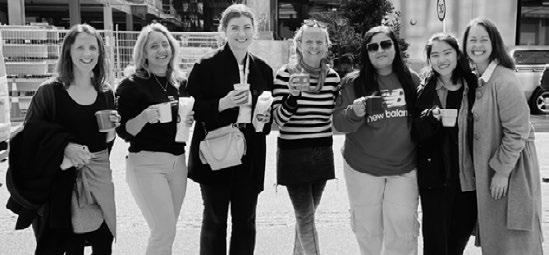
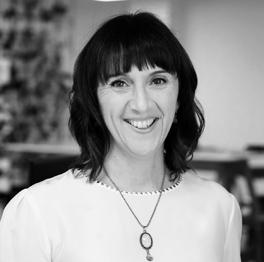


NICOLA NATION Chief Executive Officer nicola.nation@akina.org.nz

KRISTIN FANSELOW Director, Impact Consulting kristin.fanselow@akina.org.nz
ALEKSANDRA NEDELJKOVIC Chief Operating Officer aleksandra@akina.org.nz
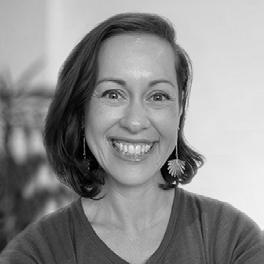
ROSCHELLE MARSHALL Director, Capability Building roschelle.marshall@akina.org.nz

AMANDA BUTTERWORTH Director, Social Procurement amanda.butterworth@akina.org.nz
Thank you for reading. We are proud of what we achieved in FY23, whether it was increasing our cultural responsiveness, measuring our carbon footprint, or advocating for the impact of others.
Ākina continues an ambitious impact journey to amplify positive outcomes across Aotearoa New Zealand. If you would like to join the growing movement of organisations working to improve lives and our environment, get in touch.
Together, we can make a positive difference. www.akina.org.nz

Challenge Yourself,
Challenge Others


